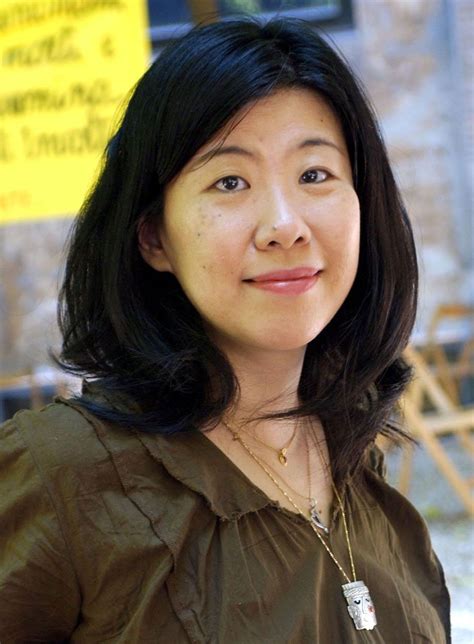A Quote by Daniel H. Pink
For many of us, the opposite of talking isn't listening. It's waiting. When others speak, we typically divide our attention between what they're saying now and what we're going to say next - and end up doing a mediocre job at both.
Related Quotes
Listening is much more than allowing another to talk while waiting for a chance to respond. Listening is paying full attention to others and welcoming them into our very beings. The beauty of listening is that those who are listened to start feeling accepted, start taking our words more seriously and discovering their true selves.
What I hear from folks all the time is 'us against them.' It is a core part of what they feel is happening with our government. Investing here, but not there. Listening to some, but not nearly enough. Going into certain neighborhoods, but not others. That divide is something we have to categorically reject.
Every day in the news we're hearing how rampant violence is in our communities, both here in America and around the world. I believe that the establishement of a United States Department of Peace can greatly help alleviate the many problems that we hear about on a daily basis. Our children deserve so much better. It is our job right here and now to build a better world. By establishing a US Department of Peace we are doing just that. Please get involved ... It's up to us to be the change that we wish for and the time is now to co-create it.
Today, we need a Church capable of walking at people's side, of doing more than simply listening to them.... At times we lose people because they don't understand what we are saying, because we have forgotten the language of simplicity and import an intellectualism foreign to our people.... We cannot keep ourselves shut up in parishes, in our communities, when so many people are waiting for the Gospel.
I wouldn't be so bold as to say that what we're doing is what sets us apart from everyone, I think that's for everyone else to decide. You're walking the thin line by saying something like that and we don't try and pay attention to what's popular right now. The second you do that you're just going to start sounding like other people and you're going to lose sigh of who you are.
Many people say they are so happy to be doing what they do and they love it. But there's a difference between loving your job and living only for your job. And I think people always will say I am overworking and I am over-exposed and that's what I want is all the attention. That's not. What I love is the art of it all.
I love the verse in Job, where it says a man deserves the devotion of his friends even when he forsakes the Almighty. Now what that verse means to me is, even if I were to say, right now I don't believe in God. I still need you to be my friend, and say, I can believe God for you right now. I'm going to hold you up while you are ranting and railing, and God can handle my ranting and railing because He certainly handled David's and Job's and so many others.
Listening is the oldest and perhaps the most powerful tool of healing. It is often through the quality of our listening and not the wisdom of our words that we are able to effect the most profound changes in the people around us. When we listen, we offer with our attention an opportunity for wholeness. Our listening creates sanctuary for the homeless parts within the other person. That which has been denied, unloved, devalued by themselves and others. That which is hidden.
Jesus does not respond to our worry-filled way of living by saying that we should not be so busy with worldly affairs. He does not try to pull us away from the many events, activities, and people that make up our lives. . . . He asks us to shift the point of gravity, to relocate the center of our attention, to change our priorities. Jesus does not speak about a change of activities, a change in contacts, or even a change of pace. He speaks about a change of heart.


































